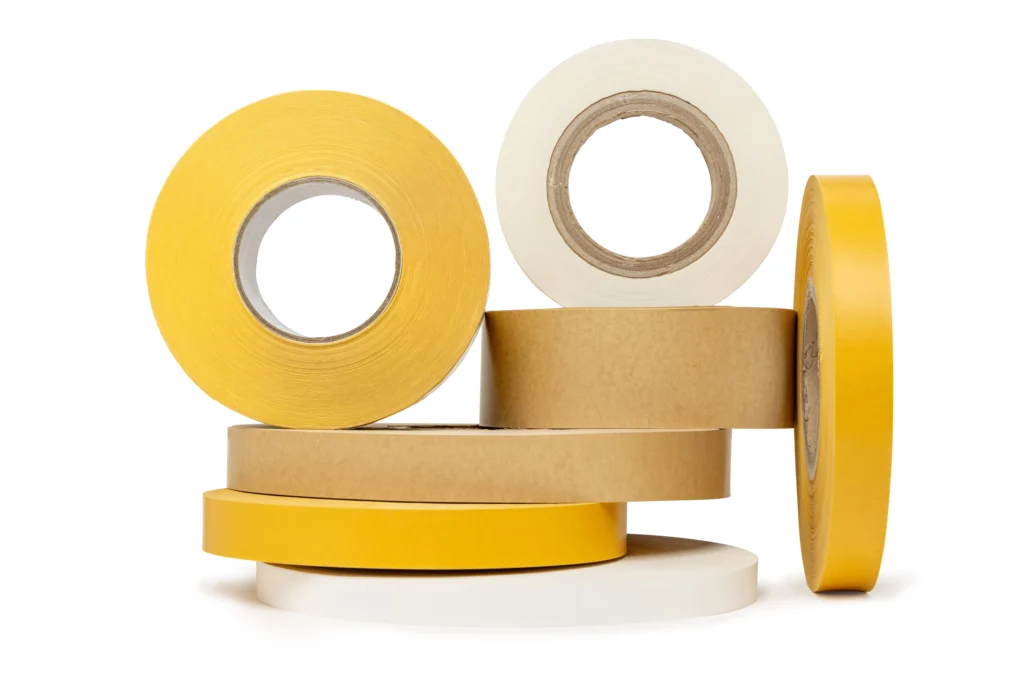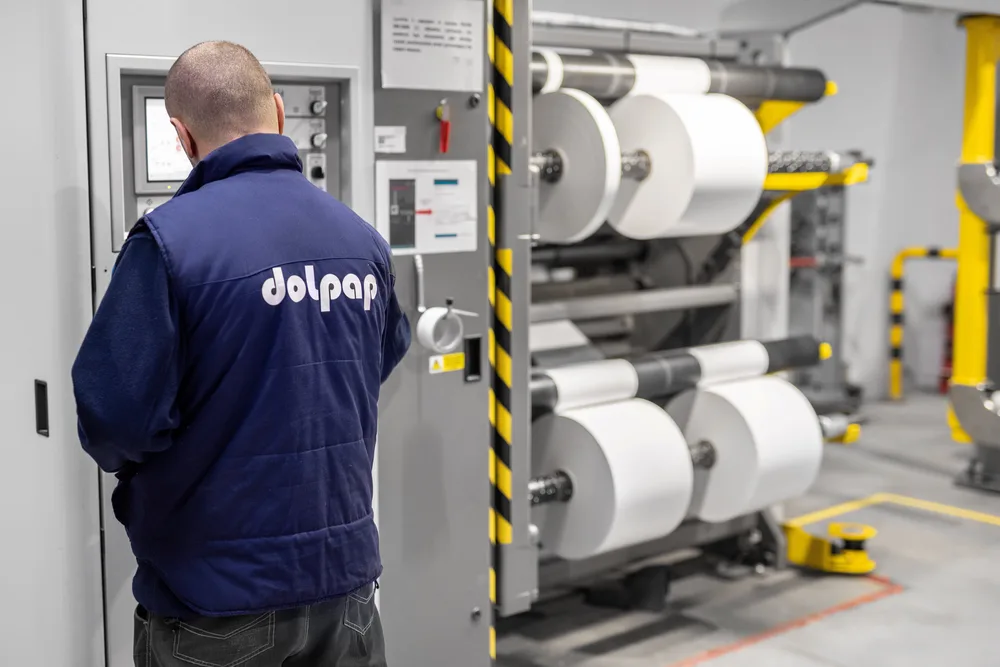Table of contents
What is Silicone Release Paper?
Silicone release paper is a type of coated paper treated with a thin layer of silicone on one or both sides. This coating provides a smooth, non-stick surface that allows it to resist adhesion to various materials. Its primary purpose is to act as a carrier or protective layer for adhesives, food products, or other items that require a release agent.
This paper comes in different weights, sizes, and levels of silicone coating to suit specific applications. Its strength, resistance to high temperatures, and compatibility with various adhesives make it a favorite choice for industrial and consumer use alike.
Key Properties of Silicone Release Paper
- Non-Stick Surface: The silicone coating prevents substances from sticking, making it ideal for adhesive applications or food preparation.
- Durability: Its resistance to tearing ensures reliability in demanding industrial environments.Heat Resistance: Many types of silicone release paper can withstand high temperatures, making it suitable for baking or lamination.
- Moisture Resistance: The paper protects its contents from environmental moisture, maintaining product quality.
- Customizability: It can be produced with different coatings, thicknesses, and surface textures.
Uses of Silicone Release Paper
Silicone release paper is a versatile product with applications in a wide variety of industries. Let’s dive deeper into its common uses:
Industrial Applications
Silicone release paper is widely used in industrial processes where adhesive materials are involved. For example:
- Labeling and Stickers: It serves as a backing sheet for adhesive labels and stickers, enabling easy peeling and application.
- Composite Manufacturing: It acts as a release layer in processes that involve composite materials, such as laminates or fiber-reinforced plastics.
- Tapes: Used as a release liner for double-sided and masking tapes, ensuring they maintain their stickiness until needed.
Packaging and Wrapping
In packaging, silicone release paper is employed for:
- Food Packaging: Its non-stick surface makes it ideal for wrapping sticky or greasy items like candy, baked goods, or butter.
- Industrial Wrapping: It is used to separate layers of sticky or adhesive products during transportation and storage.
Baking and Culinary Uses
One of the most well-known uses of silicone release paper is in baking.
- Non-Stick Baking Surface: Bakers use it as a lining for trays and pans, eliminating the need for greasing and ensuring easy removal of baked goods.
- Food Handling: It prevents delicate foods from sticking during processing or packaging.
Medical and Hygienic Applications
In the medical industry, silicone release paper is used as a liner for bandages, wound dressings, and other adhesive medical products. Its ability to maintain cleanliness and sterility while providing easy release is crucial in these applications.
Creative and Crafting Applications
Crafters and DIY enthusiasts utilize silicone release paper for projects involving adhesives, paints, or resins.
- Transfer Paper: It aids in the smooth transfer of designs or decals onto various surfaces.
- Resin and Epoxy Work: Its non-stick surface is perfect for curing resins and creating molds.
How is Silicone Release Paper Made?
The manufacturing process of silicone release paper involves coating a base paper with a silicone layer. The steps are as follows:
- Base Paper Selection
A high-quality paper is chosen, ensuring it can handle the coating and application requirements.
- Silicone Coating
The silicone is applied in liquid form using rollers, creating a uniform layer.
- Curing
The coated paper is cured under heat to solidify the silicone layer and enhance its bonding to the paper.
- Quality Control
The finished product undergoes tests for consistency, thickness, and release properties.
Advantages of Using Silicone Release Paper
- Efficiency: Reduces waste and speeds up processes in industries like baking and adhesive manufacturing.
- Versatility: Adapts to various environments and use cases, including extreme temperatures or moisture.
- Environmentally Friendly Options: Many manufacturers now offer biodegradable or recyclable silicone release paper.
Silicone Release Paper for Stickers and Labels
One of the most popular uses for silicone release paper is as a liner for stickers and labels. Its non-stick properties make it easy to peel away the backing without damaging the adhesive, ensuring a clean and efficient application. This feature is essential for industries like retail, logistics, and product branding, where adhesive labels are a key component.
FAQs
Silicone release paper is made by coating a high-quality base paper with a thin layer of silicone, providing its non-stick properties.
Depending on the application, silicone release paper can often be reused multiple times, especially in baking or crafting.
Some manufacturers produce recyclable or biodegradable versions of silicone release paper, making it an eco-friendly choice.
Single-sided paper has silicone coating on one side, while double-sided paper has it on both. The choice depends on the specific application requirements.
Yes, silicone release paper is heat-resistant, making it suitable for baking and industrial processes involving high temperatures.
Yes, food-grade silicone release paper is safe for direct contact with food and widely used in baking and food packaging.
Conclusion
Silicone release paper is an essential material for various industries, providing unmatched convenience and efficiency. Its non-stick, durable, and heat-resistant properties make it ideal for everything from baking to industrial manufacturing. By understanding its applications and advantages, you can make informed choices for your personal or business needs.
For industrial, culinary, or creative uses, silicone release paper proves to be a versatile and indispensable tool, ensuring precision and quality in every task. Learn about eco-friendly packaging at Sustainable Packaging Coalition


